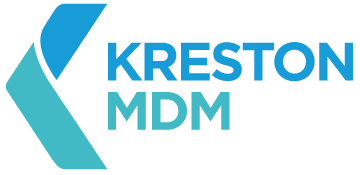Amendments to the Law on brokerage and lease of real estate
The Government of the Republic of Serbia has adopted the Proposal of the Law on Amendments to the Law on Real Estate Brokerage and Leasing.
Among other things, the draft law provides for the amendment of Article 5, which defines the conditions for entry in the Register of Real Estate Brokers:
1) An entrepreneur or at least one natural person who establishes a company or another member of a company, or at least one full-time employee must have passed the professional examination referred to in Article 11 of this Law;
2) There must be a valid insurance contract concluded in accordance with Article 13 of this Law;
3) There must be adequate business premises in accordance with Article 14 of this Law;
4) The protective measure referred to in Article 32, paragraph 2 and Article 33, paragraph 4 of this Law, which is in force at the time of application, must not be imposed;
5) A member of a company, a real owner or entrepreneur, a representative of a company or manager, if the entrepreneur has entrusted the management of a business to a capable natural person, who have a registered predominant activity of a real estate agency, as well as natural persons with the professional examination referred to in Article 11 of this Law, legal persons may not be sentenced to a criminal offense for a fine or natural persons sentenced to imprisonment for a criminal offense in the Republic of Serbia or a foreign country.
The person referred to in item 1) of the Law, must be a full-time employed person and must have passed the professional exam, while under the applicable law it was possible to hire a person outside of employment.
The draft law stipulates a general condition of eligibility that candidates must fulfill when passing the professional examination for brokerage, which is that they cannot be sentenced to imprisonment for criminal offenses in the Republic of Serbia or a foreign country. The Law is scheduled to enter into force on January 1, 2020.




